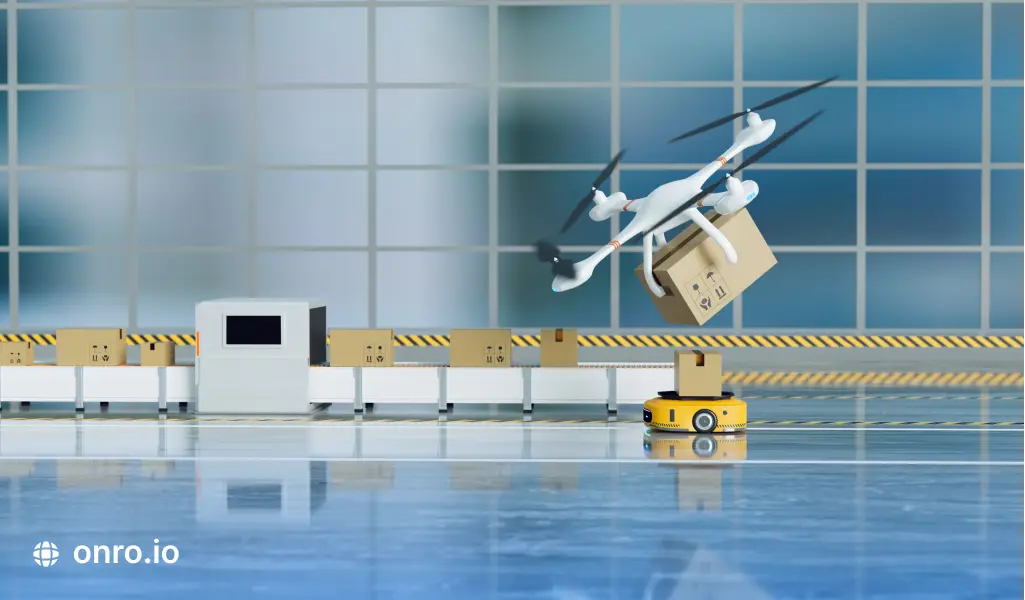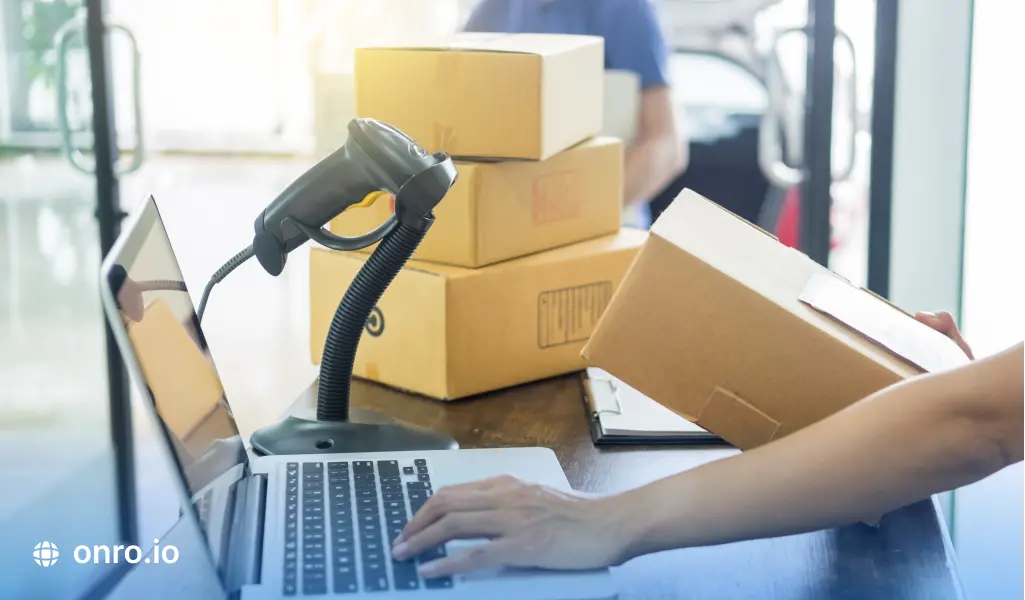Understanding 3PL is a crucial thing for all businesses. When a company does not have the resources to manage all its operations internally, it turns to a third-party partner to keep company productivity high.
This outsourcing process is particularly well-known for e-commerce businesses that do not have the economic or operational resources and a courier software to individually manage every aspect of their business, starting with logistics management, one of the areas most commonly delegated to third-party partners.
This blog article is about understanding 3PL, which will be the most astonishing guide for all businesses around the world.
Try Onro for Free
Get your free access to the Onro Fully White-label Courier Software.
Understanding 3PL Services
Third party logistics, or 3PL is a form of outsourcing in which a company’s logistics processes, specifically e-commerce operations, are delegated to an external partner with vertical expertise and sector-specific know-how.
3PL services perform the function of improving the point of contact between the customer and the seller through lean and efficient supply chain management; functions such as storage, fulfillment, e-commerce management, transport and fulfillment on behalf of the business are some of the main tasks of a third-party logistics provider.
The concept of 3PL logistics has become an integral part of any e-commerce business that intends to streamline the supply chain management process, make people perceive the added value of optimal logistics and consequently position itself as a leader in the sector.
Operators provide cargo owners with a full range of 3PL services. 3PL logistics consists of the following elements:
1. Reception of goods at the warehouse
The first stage of 3PL logistics. 3PL operators accept goods for further storage in their warehouses. Often, in order to transfer goods to a 3PL provider, you need to submit an application in advance. This helps calculate the load on warehouse capacity.
2. Storing goods in the 3PL warehouse
Goods must be stored in comfortable conditions to ensure their maximum safety. You need to pay attention to whether the 3PL operator is able to provide proper storage conditions, for example, the required temperature conditions.
3. Cross-docking
Goods pass through the warehouse, but are not sent for long-term storage. They are immediately distributed into individual orders and sent to customers.
4. Transportation
The 3PL provider delivers the goods to the warehouse on its own. and from there forward it to end customers.
5. Labeling of goods
After acceptance, the 3PL operator assigns codes to the goods for accounting, storage, and further shipment.
6. Goods accounting
The 3PL provider controls the movement and safety of goods in its warehouse. Inventory Management. The 3PL operator calculates the balance of goods, free warehouse space, the optimal number of storage rooms, and their location.
7. Collection of orders
The 3PL logistics operator creates a parcel from goods stored in its warehouse and sends it to the delivery address.
8. Packaging and repackaging of goods
At the order assembly stage, the 3PL provider selects the optimal packaging for each product and packages the product. The total weight of the parcel, the number of deliveries per order, the safety of the goods, and ultimately, the customer’s satisfaction depend on how competently they do this.
9. Return of goods to the 3PL warehouse
In the event that the buyer refuses the order, the 3PL operator takes the goods to its warehouse.
The Advantages of 3PL Logistics
Transferring all logistics processes to full outsourcing undoubtedly has many advantages. We list the main ones:
1. Saving money
The seller does not need to maintain his own fleet of vehicles, warehouse facilities, hire additional personnel, install software, monitor work, deal with accounting issues, etc. 3PL logistics is cheaper. It turns out to be a good saving.
2. Access to advanced 3PL logistics technologies
Typically, sellers do not have time to follow the latest advances in logistics and implement them in their work. And if you entrust this to a 3PL operator, then the necessary technologies will always be at hand.
The Disadvantages of 3PL for Businesses
3PL logistics, like any outsourcing of work, has its drawbacks. Among them:
- Limited opportunities to influence logistics processes
- Dependence of performance results on the work of a third party organization
- Risk of leakage of sensitive information
Who is 3PL Logistics Relevant For?
Only very small or very large online stores can do without outsourcing various logistics elements. The former can store goods in a small warehouse and distribute them themselves or take them to post offices. The second is to maintain a gigantic warehouse and transport infrastructure, benefiting from economies of scale.
Everyone else has to turn to external contractors one way or another. 3PL fulfillment is one of the options for organizing logistics for an online store. Here, each store decides for itself whether it is ready to outsource all logistics to a 3PL operator or keep some of the elements for itself. Each seller has a different situation. As a rule, the more orders they ship, the more profitable it is for them to use the services of 3PL providers.
Also, business owners who previously handled delivery themselves may worry about the safety of their goods when starting to work with a 3PL company, since they do not personally control them. But for each customer, a personal manager is allocated, who constantly remains in touch and advises on all emerging issues.
When transporting goods, the contractor issues a tracking number – you can find out at any time where the shipment is located.
Conclusion
3PL is a crucial part of the supply chain in the world for both small and large businesses because, with the development of businesses and online stores, it is not possible to fulfill people’s orders inside the stores. Planning product delivery with 3pl logistics is an awesome way, with the aim of reducing mileage and time as much as possible. Above all, it is crucial to have experience and know your work areas inside out, although sometimes even this is not enough, which is why many businesses increasingly rely on Onro’s Courier Management Software for managing their delivery service in the most astonishing way. Also, if you are interested in the future of 3PL, discover the latest advancements and future trends shaping the 3PL industry.
Try Onro for Free
Get your free access to the Onro Fully White-label Courier Software.



